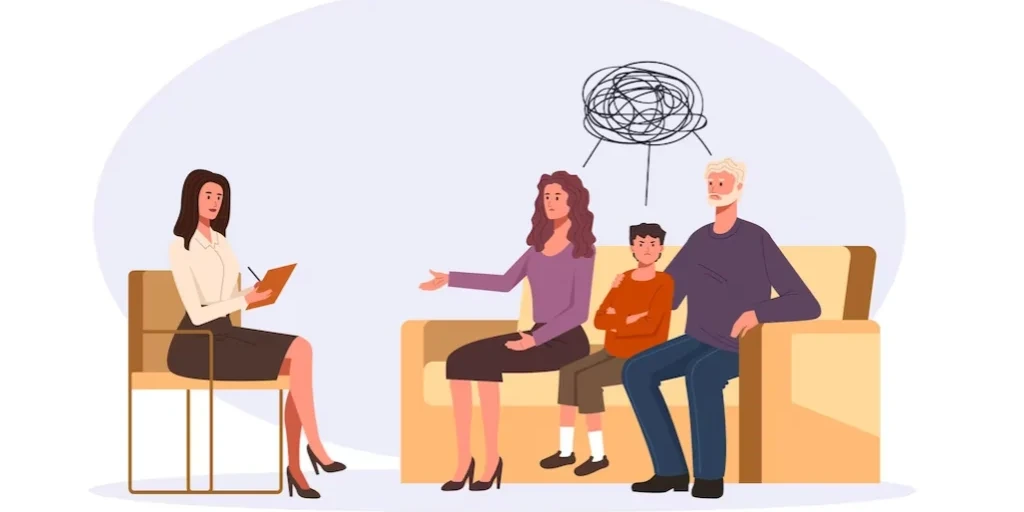24/7 Helpline:
(866) 899-221924/7 Helpline:
(866) 899-2219
Learn more about Depression Treatment centers in Richmond County

Other Insurance Options

United Health Care

American Behavioral

Carleon

Optum

ComPsych

Highmark

Sliding scale payment assistance

Covered California

Amerigroup

Health Choice

Access to Recovery (ATR) Voucher

Evernorth
Beacon

Choice Care Network

PHCS Network

BHS | Behavioral Health Systems

Ceridian

Cigna

UMR

Self-pay options






















































































